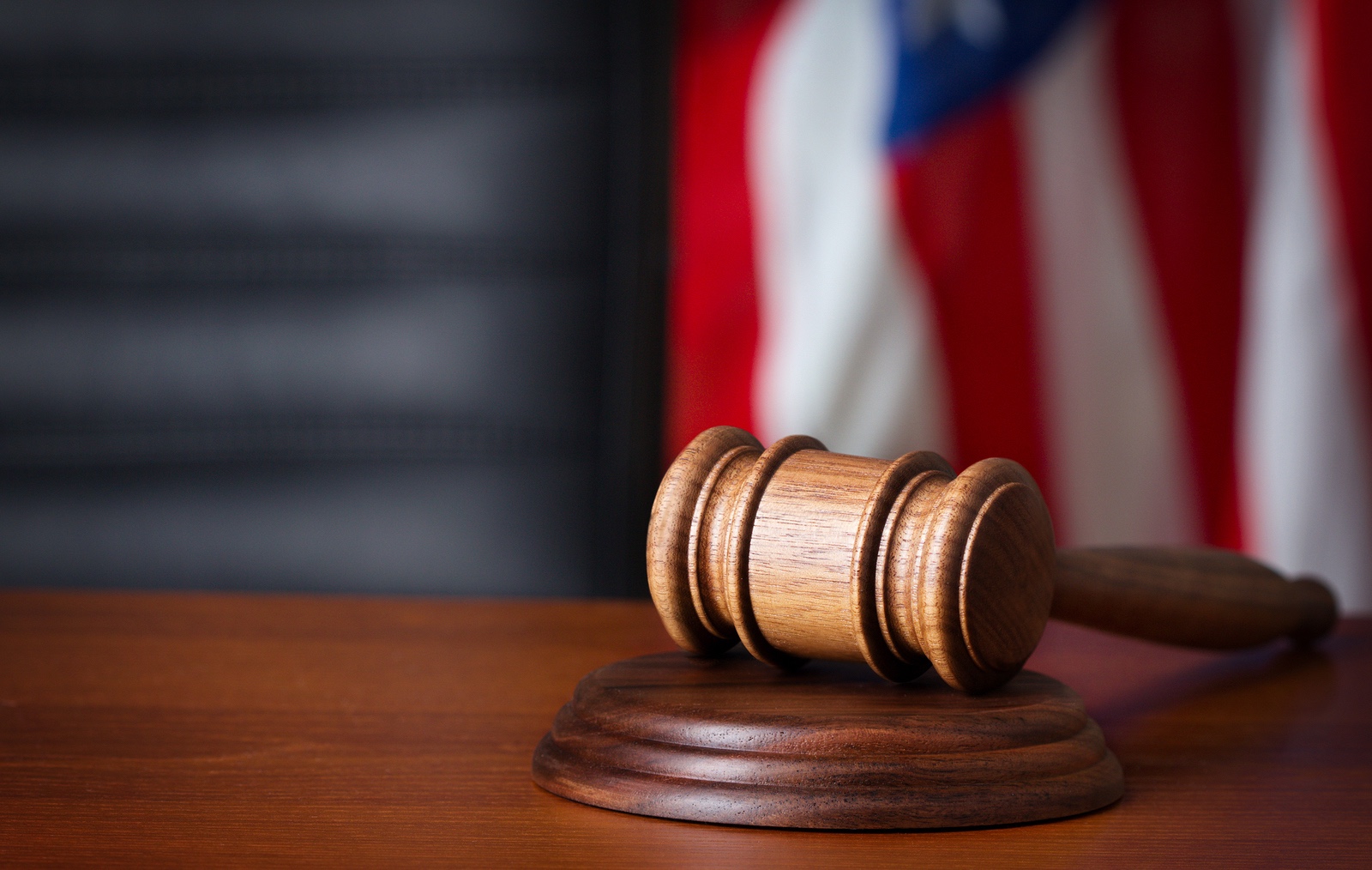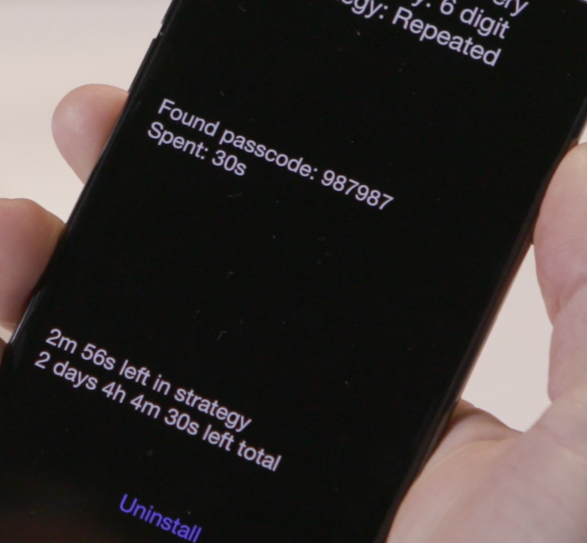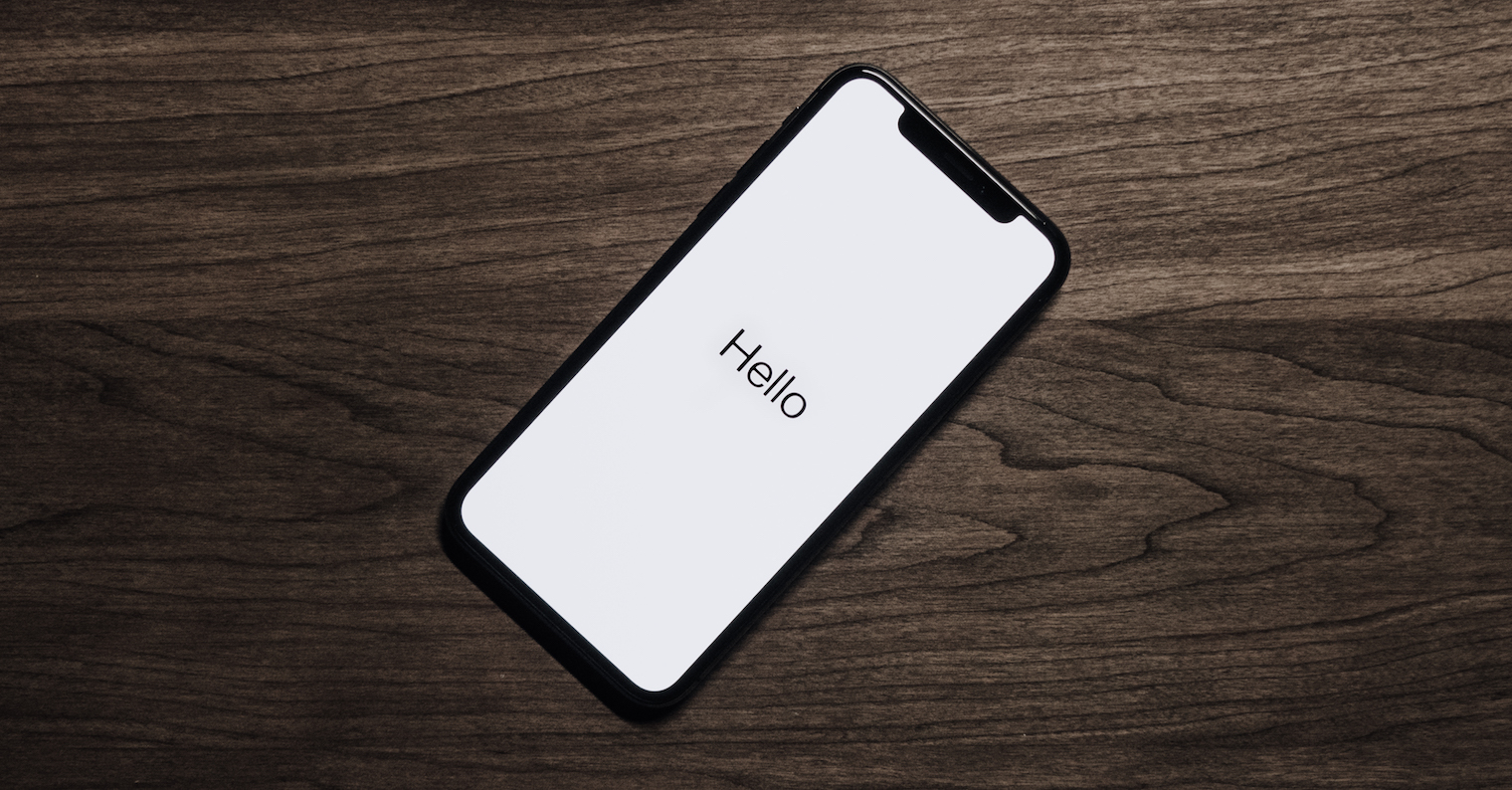Last summer, Apple filed a lawsuit against Corellium, a company that distributes virtualization software. In particular, one of its software products that emulated the iOS operating system was a thorn in the side. The software was popular obviously because thanks to it, developers did not have to subject their devices to reboots or even bricking and could safely test their applications. Both companies are now awaiting mediation negotiations.
It could be interest you

Virtualization is – very simply put – a software simulation of a device without the need to purchase additional hardware. It is primarily intended to serve the needs of research and development and testing the functionality of applications. In this case, the software simulated the iPhone and iPad, allowing developers to test their apps without needing an iPhone or iPad. Virtualization allows ordinary users to use software compatible only with selected operating systems. Programs like 3ds Max, Microsoft Access or many games are only available for Windows, not for Mac.
But according to Apple, virtualization is an illegal replica of the iPhone. The dispute, in which Apple accused Corellium of copyright infringement in August last year, caught the attention of the Electronic Frontier Foundation (EFF) and other digital rights activists. According to these organizations, this case is a "dangerous attempt to expand the rules of the Digital Millennium Copyright Act (DMCA)". EFF's Kurt Opsahl pointed to Apple's claim that Corellium's tools bypass its technological measures to control access to copyrighted products, saying the Cupertino giant's actions "threaten the viability of an important sector of software development and iOS Security Research”.
It could be interest you

Some see the lawsuit as a move away from Apple's peaceful coexistence with independent developers who use the iOS jailbreak to develop new features and apps for Apple devices, or to find security flaws. If Apple succeeds with its lawsuit and really deserves to have the creation of similar tools outlawed, it will tie the hands of many developers and security experts.
Corellium responded to Apple's lawsuit last Friday by saying that the company's actions were not driven by a genuine belief that Corellium was actually violating copyright law, but rather by frustration stemming from "the inability to appropriate Corellium's technology and have security research related to iOS, under full control". Corellio founders Amanda Gorton and Chris Wade said last year that the Cupertino company had tried unsuccessfully in the past to acquire Corellio as well as their previous startup called Virtual.
Apple has not (yet) commented on the matter.

Source: Forbes